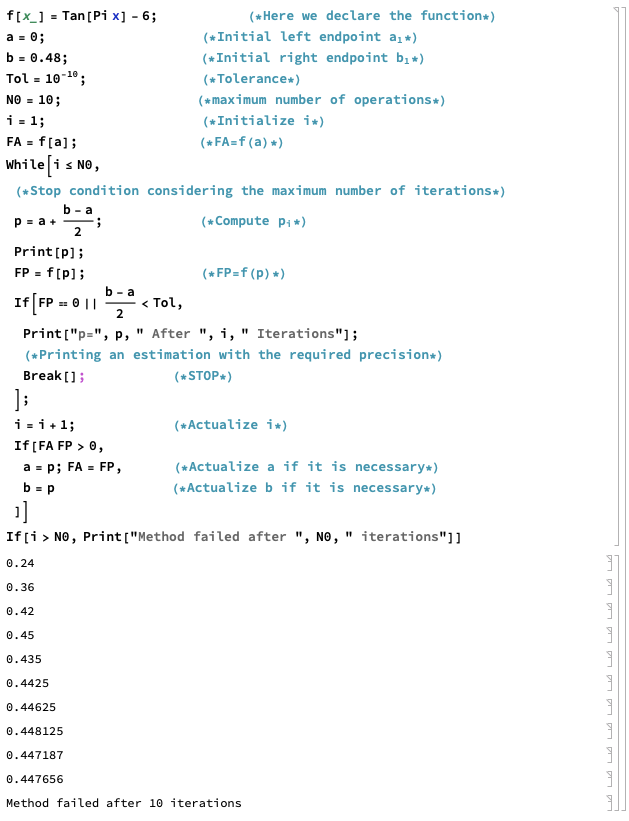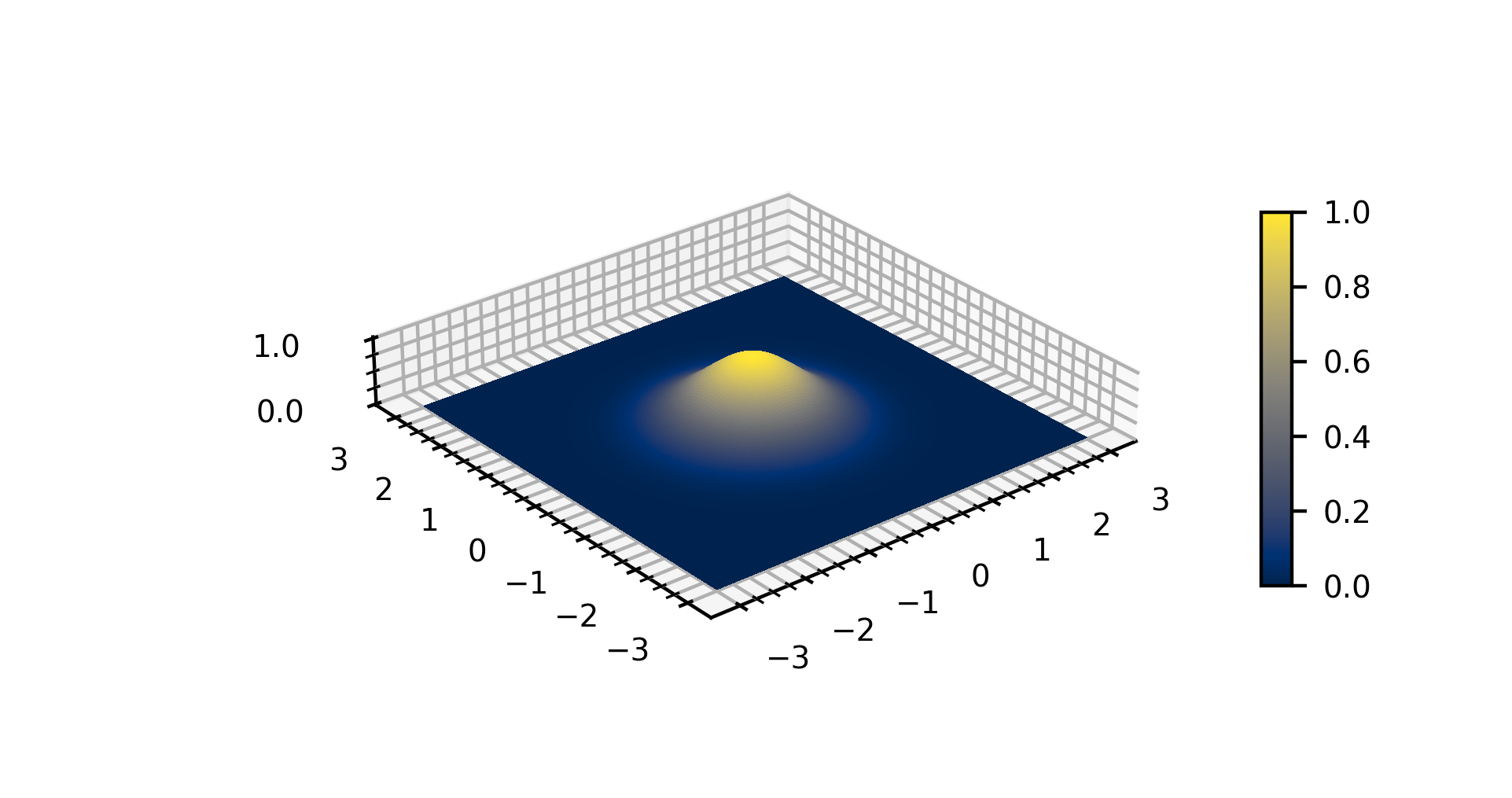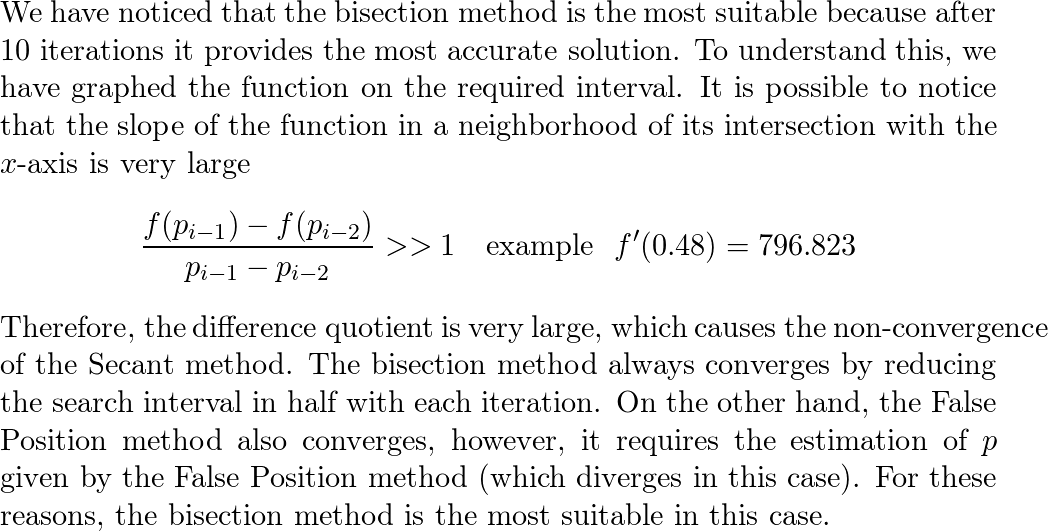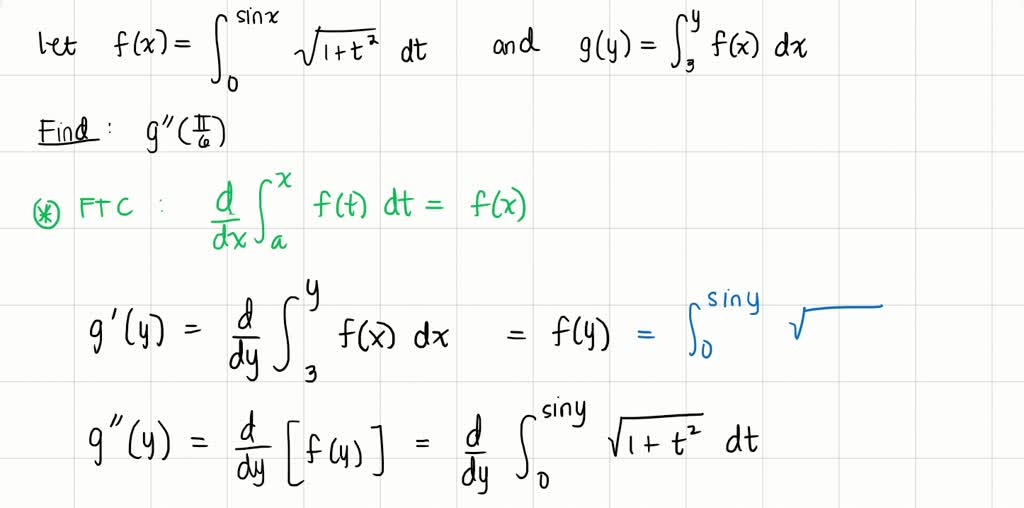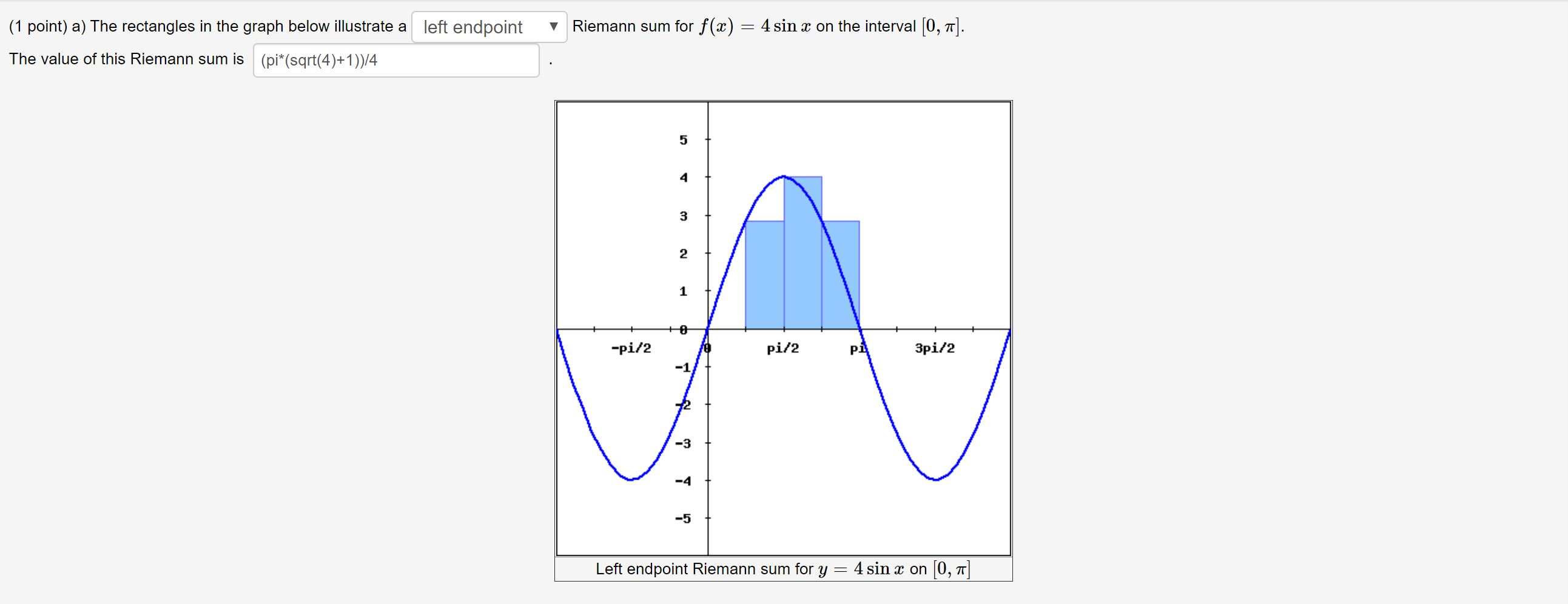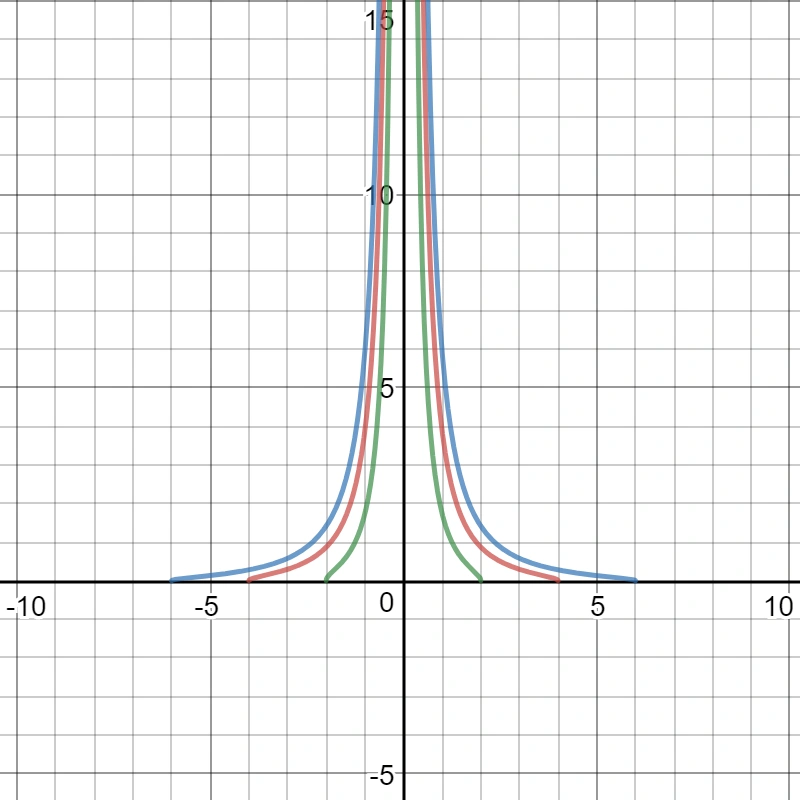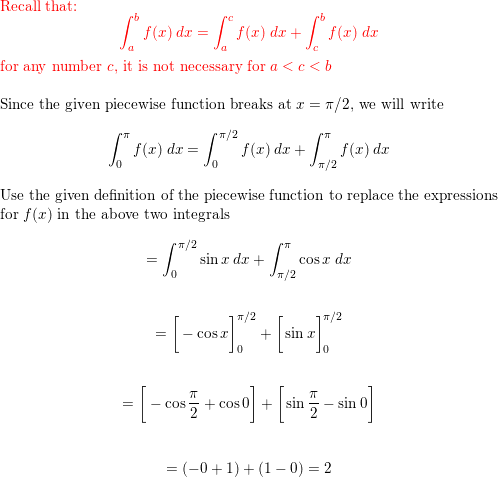What is the answer for ''write the range of the function f(x) =cos [x], where -π/2<x<π/2.''? - Quora
![The period of sinpi[x]/12 + cospi[x]/4 + tanpi[x]/3 where [x] represents the greatest integer less than or equal to x is The period of sinpi[x]/12 + cospi[x]/4 + tanpi[x]/3 where [x] represents the greatest integer less than or equal to x is](https://i.ytimg.com/vi/yNisLvf8joo/maxresdefault.jpg)
The period of sinpi[x]/12 + cospi[x]/4 + tanpi[x]/3 where [x] represents the greatest integer less than or equal to x is
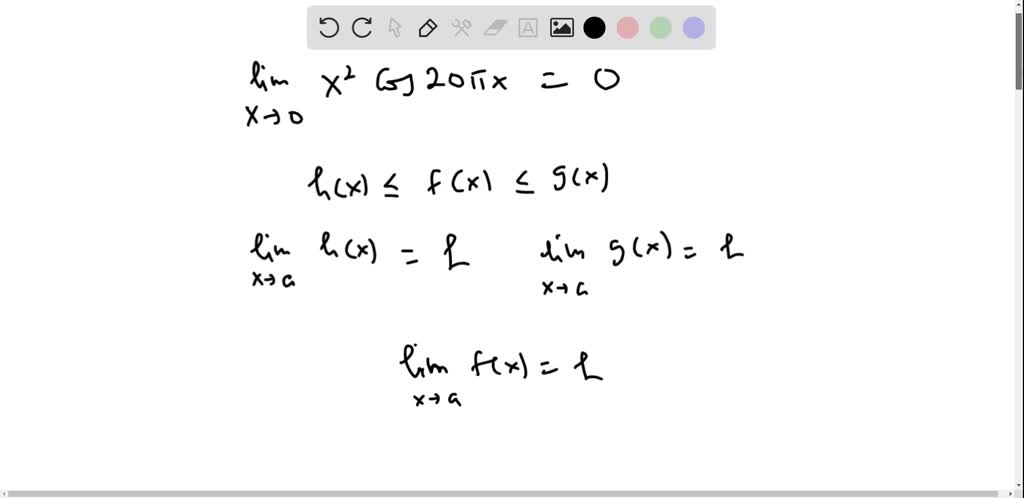
SOLVED:Use the Squeeze Theorem to show that limx →0(x^2 cos20 πx)=0 . Illustrate by graphing the functions f(x)=-x^2, g(x)=x^2 cos20 πx, and h(x)= x^2 on the same screen.

The shaded region in the figure below is bounded by the graph of \ displaystyle{ y = \sqrt{\cos \left(\dfrac{ \pi x}{6} \right) } } and the lines x= 7 , x=7 , and

Find the Taylor series for f(x) = sin x centered at a = pi/2 and associated radius of convergence - YouTube


